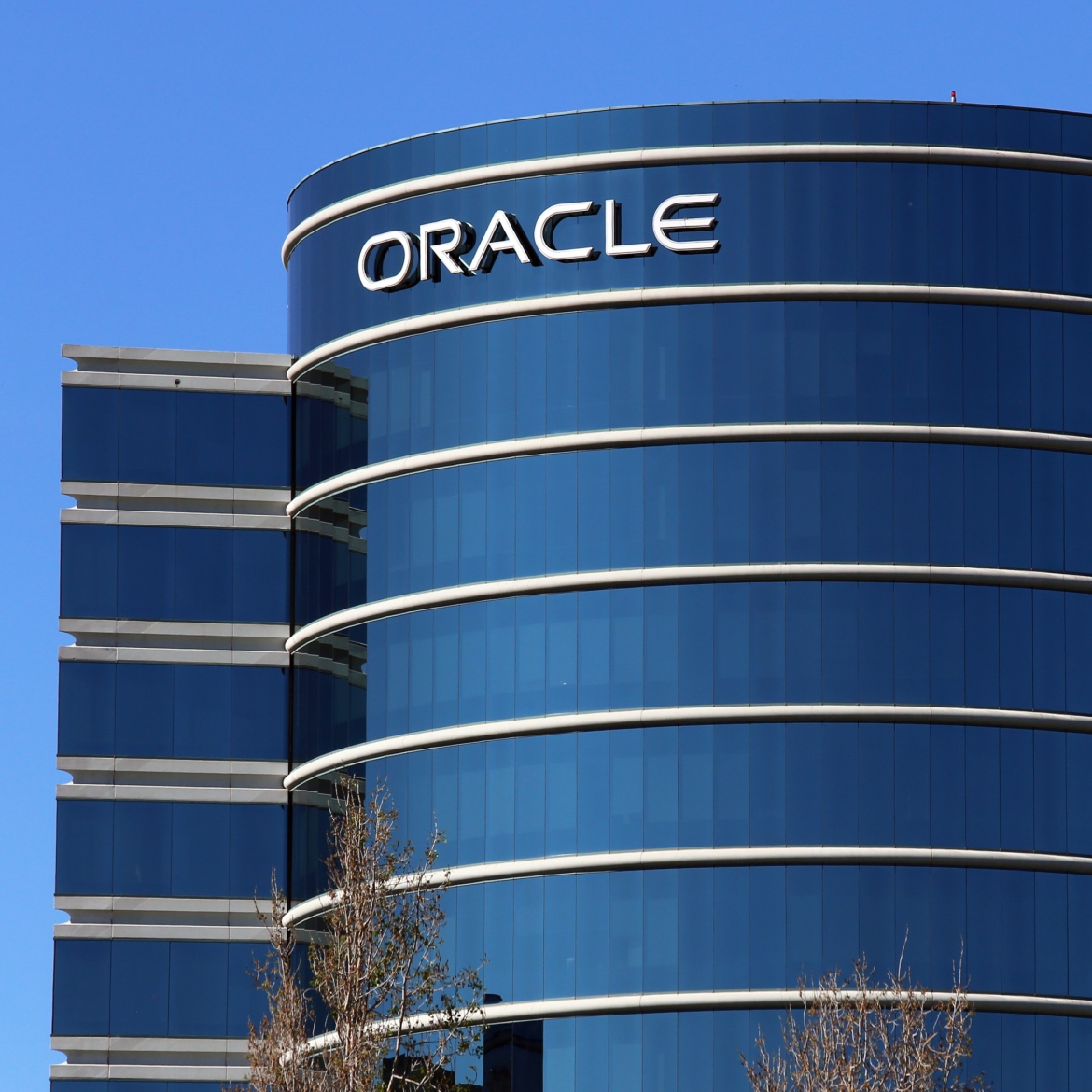
Oracle Corp. (NYSE: ORCL) reported fiscal fourth-quarter financial results after the markets closed on Thursday. As a result analysts piled into the company after it had a positive report, although views were somewhat mixed.
24/7 Wall St. has compiled some highlights from the earnings report as well as what some key analysts are saying after the fact.
The company said that it had $0.81 in earnings per share (EPS) on $10.59 billion in revenue. The Thomson Reuters consensus estimates were $0.82 in EPS on revenue of $10.47 billion. In the same period of last year, the company posted EPS of $0.78 and $10.71 billion in revenue.
Short-term deferred revenues were $7.7 billion, up 6% in U.S. dollars and up 7% in constant currency compared with a year ago.
Cloud plus On-Premise Software revenues totaled $8.4 billion, which was flat in U.S. dollars and up 2% in constant currency. Cloud software as a service (SaaS) and platform as a service (PaaS) revenues were $690 million, up 66% in U.S. dollars and up 68% in constant currency. Total Cloud revenues, including infrastructure as a service (IaaS), were $859 million, up 49% in U.S. dollars and up 51% in constant currency.
Merrill Lynch reiterated a Buy rating with a $48 price objective, noting that consistent with its preview, Oracle’s fourth quarter delivered on several fronts, including cloud revenue acceleration. Cloud SaaS/PaaS billings beat the preview of mid-teens and reaccelerated from 32% in the third quarter. Merrill Lynch’s thesis is that cloud economics could trump the negative impact from increased competition Oracle faces across the board.
Jefferies reiterated a Buy rating and a $50 price target. The firm detailed in its report:
Oracle reported fiscal fourth-quarter results that were likely better than some feared in what we believe is an inflection point in its transition from a pure license+maintenance model to a hybrid model of Cloud and traditional software. Annual Recurring Revenue (ARR) at greater than $600 million may not have lived up to the high bar set for the year, but was certainly respectable regardless. EPS grew for the first time in 7 quarters, while total revenue declined 1% with some lines better (Cloud) and some shy (license).
Credit Suisse adjusted its revenue outlook for fiscal 2017 to $38.459 billion from $38.287 billion, and its EPS outlook to $2.79 from $2.82. The firm rates Oracle as its Top Pick among the mega-cap stocks in coverage and believes that Oracle stands to benefit from several drivers into the coming fiscal year. These included: the potential for further improvements in sales force productivity; adoption of the In-Memory option of Oracle Database; increasing customer adoption of Oracle’s cloud applications (including Fusion Applications) and Platform-as-a-Service offerings; and the market opportunity for Engineered Systems. Credit Suisse maintained its Outperform rating and reiterate a price target of $50.
Oppenheimer maintained a Perform rating, noting in its report:
We believe Oracle’s fiscal fourth-quarter results are unlikely to meaningfully shift sentiment on the stock as the potential for better optics in the first half of fiscal 2017 results (from easier year-over-year comparisons) is balanced by execution risks and a below-market average EPS growth trend.
A few analysts weighed in on Oracle after the earnings report was released:
- Pacific Crest reiterated a Sector Weight rating.
- Drexel Hamilton reiterated a Buy rating.
- Wunderlich reiterated a Hold rating with a $43 price target.
- Deutsche Bank reiterated a Hold rating with a $40 price target.
- BTIG reiterated a Buy rating.
- Citigroup has a Neutral rating and raised its price target to $41.
- Raymond James raised its price target to $45 from $43.
- Wedbush has a Neutral rating and raised its price target to $41 from $40.
Shares of Oracle closed Friday at $39.71, with a consensus analyst price target of $43.86 and a 52-week trading range of $33.13 to $43.10.
Thank you for reading! Have some feedback for us?
Contact the 24/7 Wall St. editorial team.





